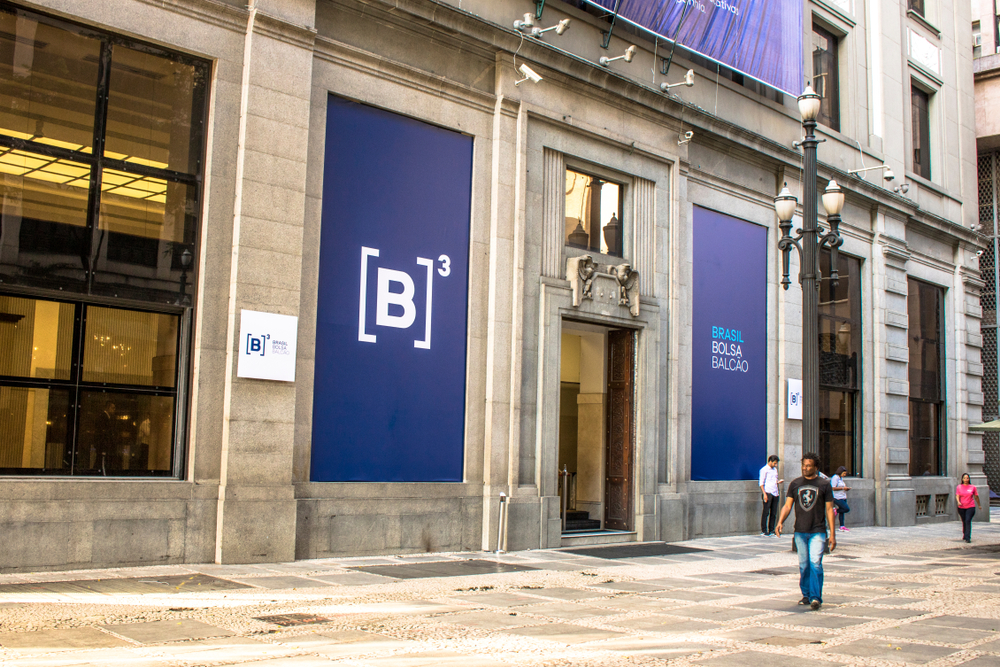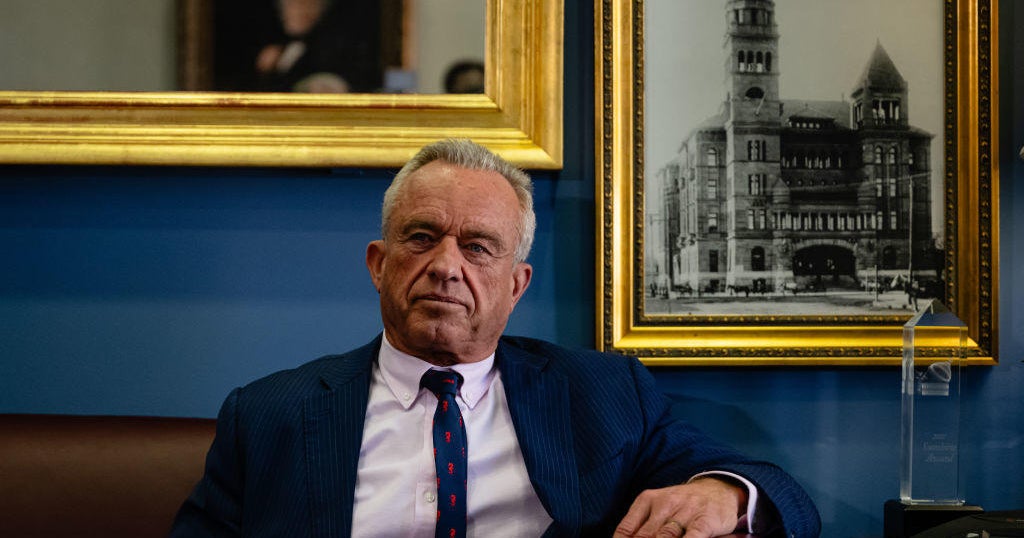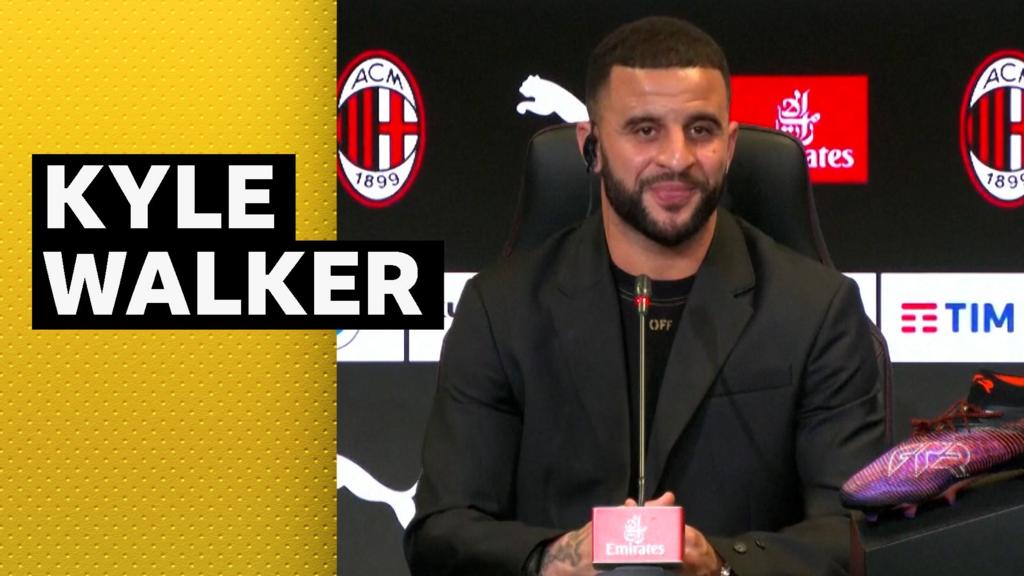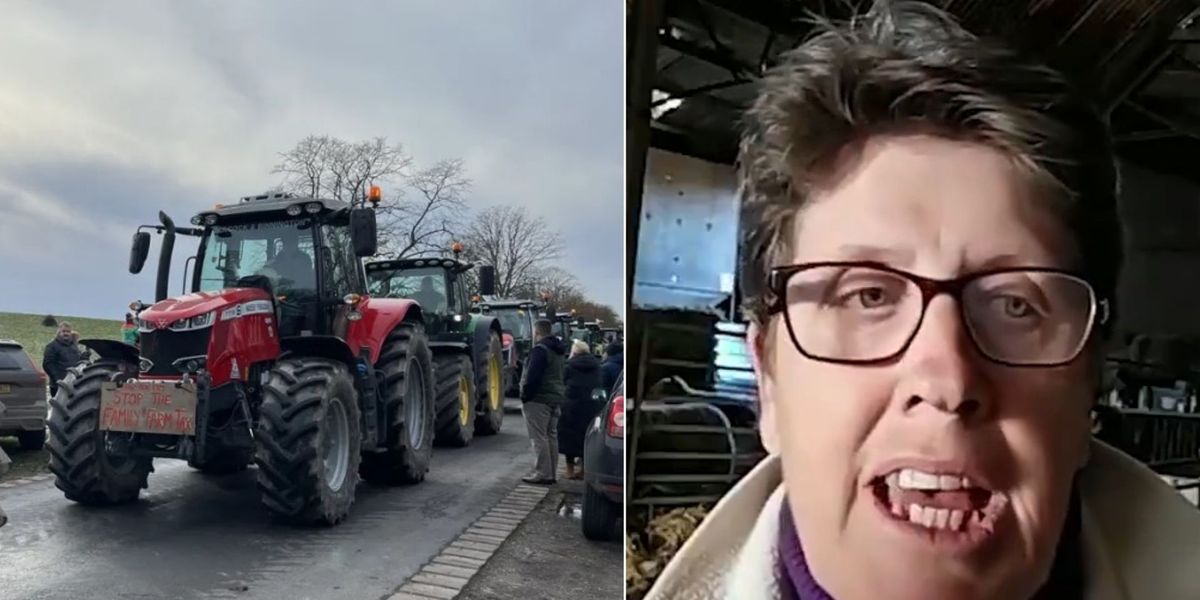Brazil faces a critical juncture in its approach to social media regulation. The country’s Supreme Court and Attorney General’s Office have taken steps to address the issue, while Congress remains notably silent.
The debate intensified after Mark Zuckerberg announced the end of fact-checking services for Meta‘s platforms in the United States. This decision prompted Brazilian authorities to scrutinize the potential impact on their jurisdiction.
Legal experts argue that Congress, not the judiciary, should lead the creation of new rules for social media platforms. They emphasize the need for a balanced approach that protects free speech while effectively combating digital crimes.
Brazil’s current internet legislation, the Marco Civil from 2014, fails to address newer challenges like artificial intelligence and mass disinformation campaigns. Specialists suggest building upon this foundation to create more specific regulations.
The Supreme Court is set to rule on two cases that could increase platforms’ liability for user-generated content. However, experts warn that court-led regulation lacks the legitimacy of legislative action.
Specialists stress the importance of “surgical precision” in crafting these regulations. They propose measures such as requiring platforms to justify content removal and creating user appeal channels. Transparency in moderation criteria is also deemed crucial.
The goal is to avoid both state censorship and unchecked platform power. A well-crafted regulation would prevent partisan misuse and overzealous content removal by platforms, while maintaining individual freedoms.
As Brazil navigates this complex issue, its approach could set a precedent for other nations grappling with similar challenges in the digital age.

 By The Rio Times | Created at 2025-01-27 10:49:00 | Updated at 2025-02-01 00:01:42
4 days ago
By The Rio Times | Created at 2025-01-27 10:49:00 | Updated at 2025-02-01 00:01:42
4 days ago








